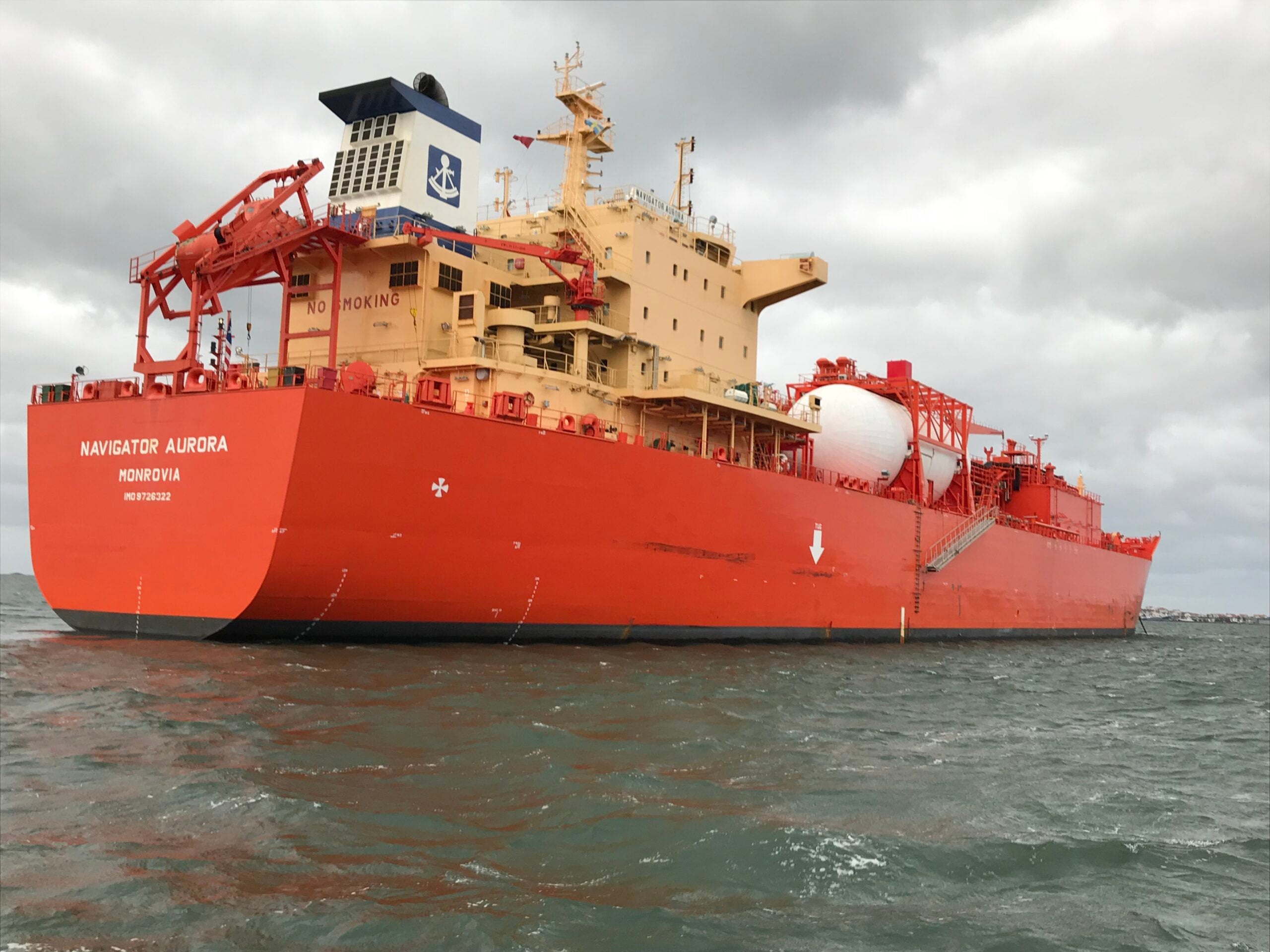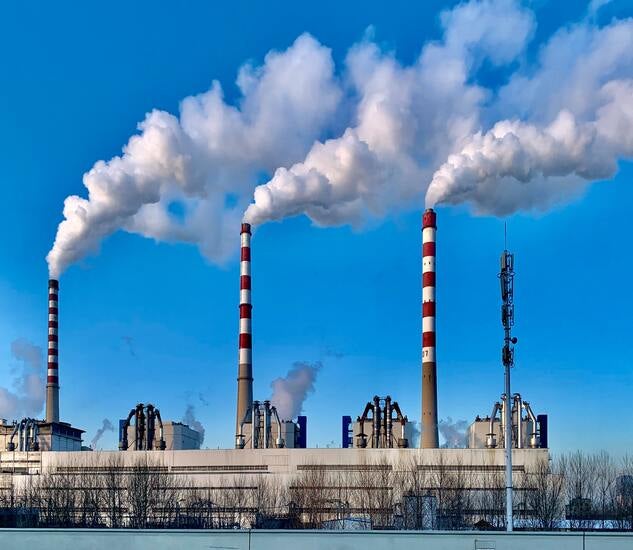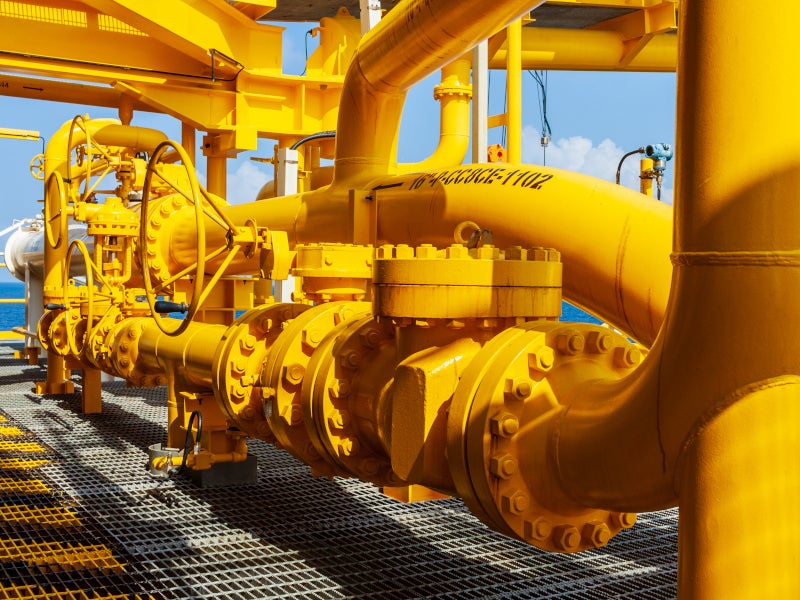
UK-based owner and operator of handysize liquefied gas carriers Navigator Gas has been awarded a new approval in principle (AiP) for ammonia-fuelled gas carrier design from classification society Det Norske Veritas (DNV).
The design won approval based on the special features notation under DNV’s new rules for the use of ammonia as fuel in gas carriers. MAN Energy Solutions and Babcock International are amongst other industry players to collaborate with Navigator Gas to secure the AiP.
Paul Flaherty, technical advisor to Navigator Gas said: “Navigator Gas has been discussing ammonia as a fuel with our consortium partners since 2018, when this topic was on the fringes of discussions surrounding decarbonisation and the use of alternative fuels.”
“Obtaining an AiP from DNV for ammonia fuelled vessels is the first step in preparing Navigator Gas to meet the future demands of our customers and to reduce our carbon footprint through lower greenhouse gas emissions,” added Flaherty.
In recent years, there has been an exponential increase in the number of projects around the globe looking at ammonia as carbon-free source of energy such as the world’s first full-scale ammonia engine test conducted by Wärtsilä to commence.
How well do you really know your competitors?
Access the most comprehensive Company Profiles on the market, powered by GlobalData. Save hours of research. Gain competitive edge.

Thank you!
Your download email will arrive shortly
Not ready to buy yet? Download a free sample
We are confident about the unique quality of our Company Profiles. However, we want you to make the most beneficial decision for your business, so we offer a free sample that you can download by submitting the below form
By GlobalDataAmmonia is promising as a carbon-free fuel for marine applications, in view of the maritime industry’s need to fulfil the International Maritime Organisation’s vision of reducing greenhouse gas emissions from shipping by at least 50% by 2050.
Development work by the company continues with this testing programme, which is the world’s first full-scale four-stroke combustion engine test.
Navigator Gas launched in 2000 and specialises in transporting liquified petroleum gas (LPG), petrochemical gases and ammonia for energy companies, industrial users and commodity traders. It has recently been awarded with a Gold Medal for its sustainability by EcoVadis SAS.
As part of its development work on future fuels, Wärtsilä has studied the use of ammonia as a future carbon-free fuel through the Zero Emission Energy Distribution at Sea initiative. The company’s first ammonia combustions tests were commenced in Vaasa, Finland, in 2020, and will continue with this long-term testing at the Sustainable Energy Catapult Centre facilities in Stord.
In early 2019, the company conducted a feasibility study which led to completion of a comprehensive hazard identification, which has served as the base safety case during its AiP discussions with DNV.
DNV is an independent expert in assurance and risk management. It delivers testing, certification and technical advisory services to the energy value chain including renewables, oil and gas, and energy management. It reviewed the design and relevant documentation and found no potential showstoppers to its realisation.
The full-scale fuel testing programme can pave the way for ammonia engines to be used in real vessel operations within few years, according to Wärtsilä. “It will also provide important insights into the long-term effect of an ammonia fuelled engine in relation to other systems and components in a vessel, including the required safety measures”.
The project is to commence during the first quarter of 2021 in the Sustainable Energy Catapult Centre’s testing facilities at Stord, Norway.





